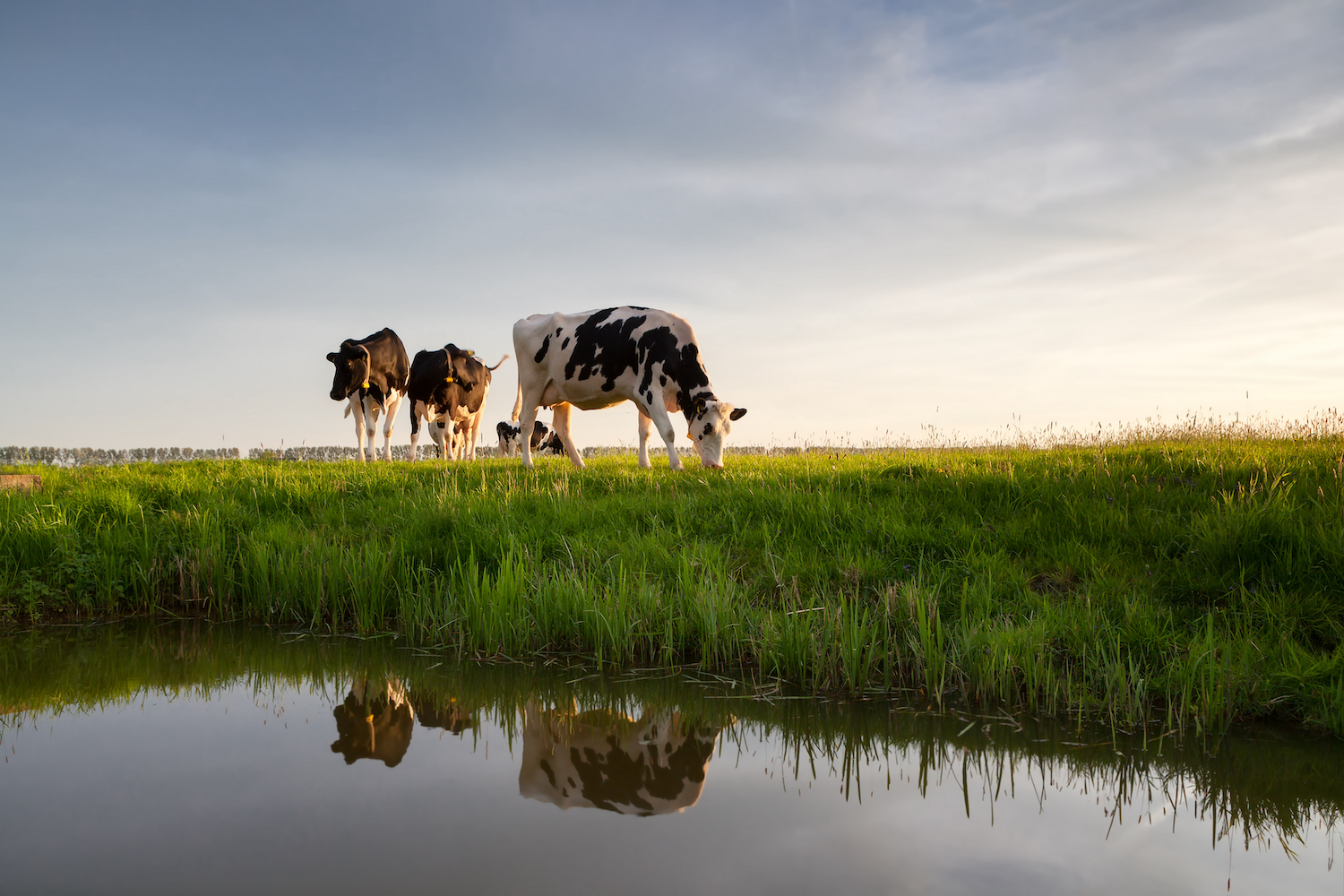Did you know that in some countries around the world, there are more cows than people?
Eating choices are very personal, and there is no right or wrong way to eat. Dietary restrictions can sometimes make eating very difficult for some people. However, have you wondered how the food you eat is produced? A single meal might not have an enormous environmental impact. However, eating habits over time and across the country can cause extremely demanding environmental impacts.
This article is not trying to convince you to become vegetarian because a vegetarian lifestyle may not work for everyone. This article is trying to make you more aware of the environmental pollution caused by the meat industry.
Cattle farming is one of the largest methane producers, a detrimental greenhouse gas to our atmosphere, environment, and lungs. Cows produce about 20% of the total methane gas generated each year and almost three-quarters of all agriculture greenhouse gas emissions.
If the average beef cow weighs about 1,500 pounds, it will need about 20 gallons of water daily. They also need about 20-30 pounds of food daily. Now multiple that by 989 million, which was the number of cattle worldwide in 2019. That’s a lot of resources for something that humans will consume and often throw out because we’ve left it in the fridge too long.
This type of agriculture is also a massive factor in water pollution and runoff. Cattle produce massive amounts of waste, and they are fed lots of fertilizers and growth hormones mixed into their food. A farm with 2,500 dairy cows produces the same amount of waste as a city with over 400,000 people. This waste and these chemicals will then be washed into nearby waterways during the next heavy rainfall. That is the size of London, ON. That waste can travel anywhere once it gets into the water system, even to your taps at home.
A 2019 Scientific Reports Journal study calculated that if everyone in their country reduced their meat intake by only a quarter of what they usually consume and replaced it with plant proteins instead, we could reduce greenhouse gas emissions by over 82 million metric tons. That would be equal to more than 1% of global greenhouse gas emissions.
1%? That’s nothing you say! However, if you think about it, that’s just from eating meat one or two times less each week. It’s as simple as that. This one simple change can make a big difference. Now imagine if everyone was able to reduce their meat intake even more. This small lifestyle modification could create a domino effect into a really positive significant change for our planet.
Plant-based proteins are grown with fewer pesticides in much more sustainable conditions and can have nutrients that aren’t even found in meat. Canada’s Food Guide says that plant-based diets have more fibre and fewer fats than animal meats. It helps with heart health and prolonging energy levels. There are innumerable foods that can become your meat alternative.
Here is another article that has more info on how to find and prepare different sources of plant protein.
Your health is always the most important factor in every decision you make. However, if you could make a change that could benefit you and the planet, why wouldn’t you do it?









